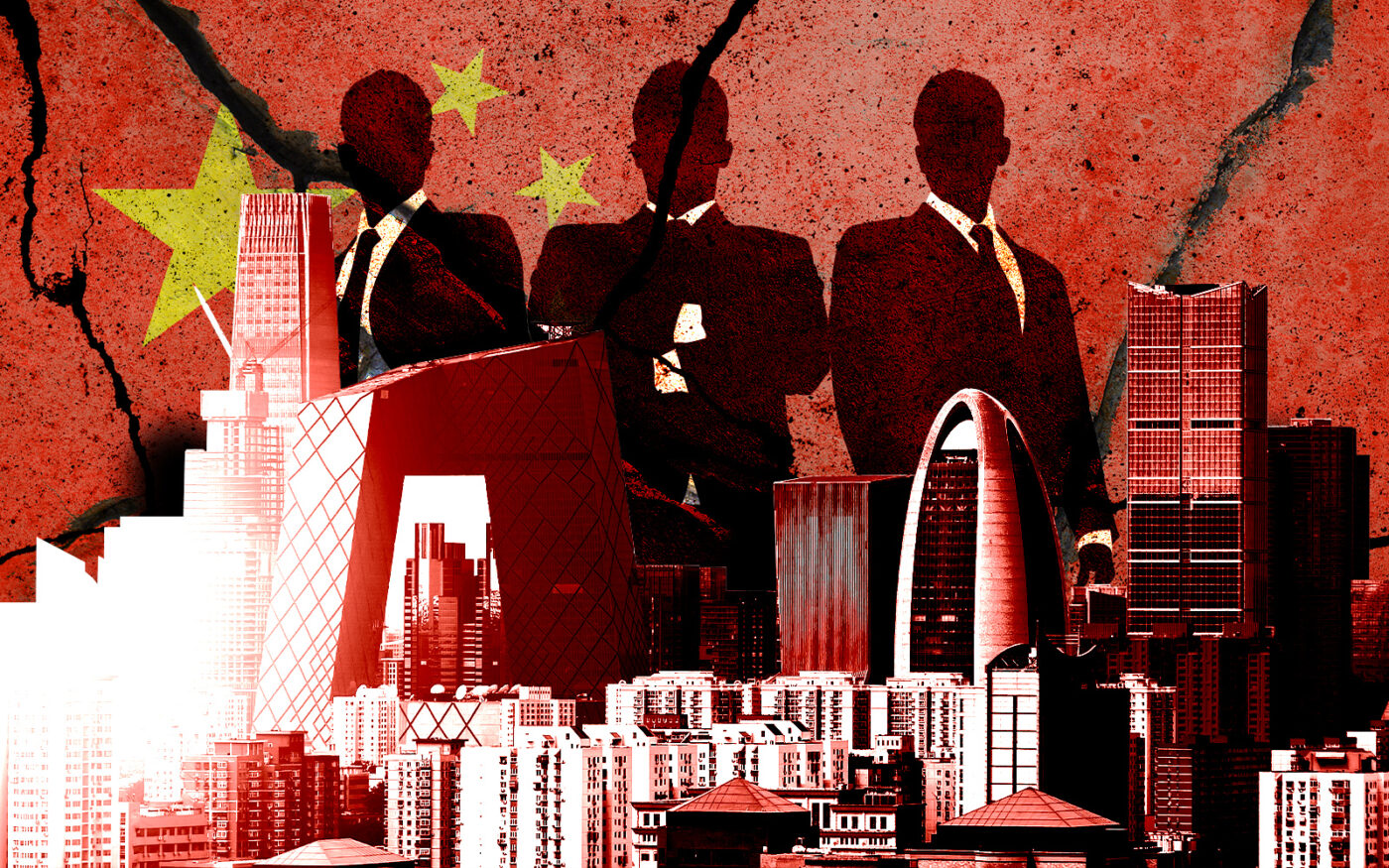Another China real estate giant is facing choppy waters just weeks after troubled developer Evergrande disclosed $81 billion in losses over the course of two years.
Country Garden is facing financial turmoil, having lost billions of dollars and accruing $200 billion in unpaid debts, the New York Times reported.
“The Country Garden default could be as influential as Evergrande simply because it is so huge,” real estate analyst Rosealea Yao of Gavekal, a China-focused research firm, told the outlet.
Country Garden — a privately owned developer founded by a farmer three decades ago — is at risk of defaulting as it struggles to deliver nearly one million apartments across multiple cities in China, according to the outlet.
The potential collapse is significant within China’s already strained housing market, with the economy’s leaders aiming for an upturn following pandemic-related lockdowns.
The concern is not limited to Country Garden; the broader housing market has been grappling with a series of collapses over the years. The company’s problems could spill over into the financial markets, hindering the real estate industry’s recovery and causing economic repercussions.
Country Garden, which had thrived during China’s real estate boom, turned billionaire founder Yang Guoqiang into a symbol of the country’s rapid growth. As the market tightened due to debt concerns, the government cracked down on real estate firms’ borrowing abilities. Despite this, Country Garden continued to meet its obligations by selling apartments before they were completed to finance operations.
However, a slump in home buying this year has led to a crisis for the company, facing its most significant challenges since its inception. It recently skipped two interest payments on loans, raising concerns about a possible default. If Country Garden does not repay or negotiate more time by early September, it could face defaulting on its loans.
Experts are worried that Country Garden might follow the path of Evergrande, which collapsed in 2021, causing panic in global markets. Given Country Garden’s immense size, its default could have similar far-reaching effects.
China’s leadership has expressed a desire to adjust policies to support the housing market and stimulate growth, but it remains uncertain whether these measures will be sufficient.
The government aims to reduce dependence on real estate for economic growth and has signaled that it will prioritize ensuring buyers receive the apartments they’ve purchased.
The situation poses numerous questions, including potential consequences for the Chinese economy if developers like Country Garden fail to reimburse suppliers. The unpaid bills from private Chinese developers are estimated to total $390 billion, according to Gavekal Research.
— Ted Glanzer
